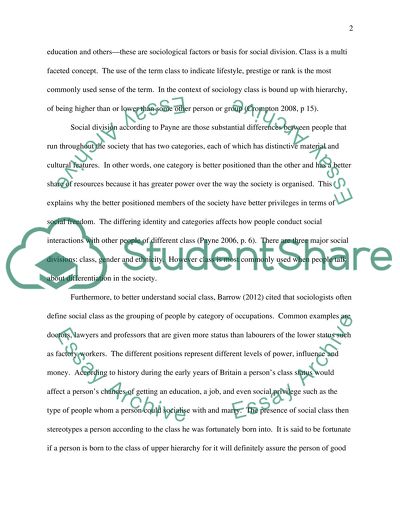Cite this document
(“The British Society: What Remains of the Social Class Essay”, n.d.)
Retrieved from https://studentshare.org/sociology/1397410-the-british-society-what-remains-of-the-social-class
Retrieved from https://studentshare.org/sociology/1397410-the-british-society-what-remains-of-the-social-class
(The British Society: What Remains of the Social Class Essay)
https://studentshare.org/sociology/1397410-the-british-society-what-remains-of-the-social-class.
https://studentshare.org/sociology/1397410-the-british-society-what-remains-of-the-social-class.
“The British Society: What Remains of the Social Class Essay”, n.d. https://studentshare.org/sociology/1397410-the-british-society-what-remains-of-the-social-class.


